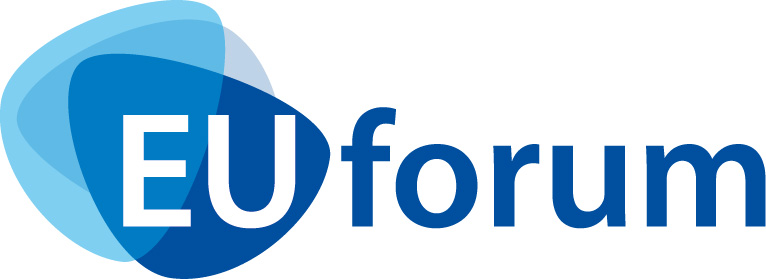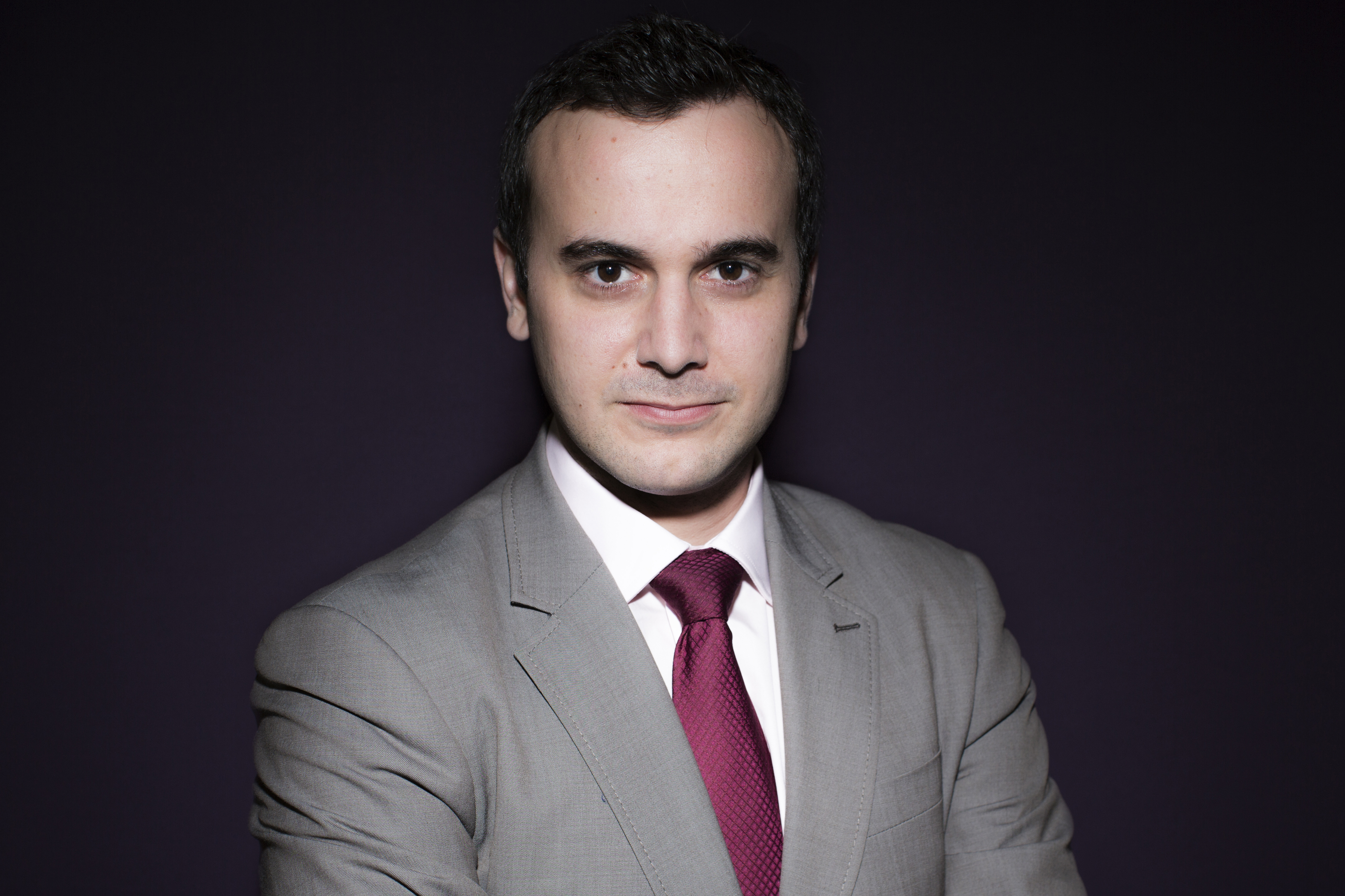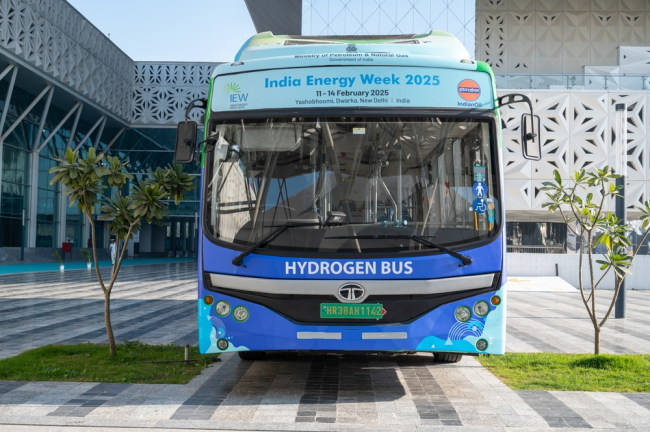France: the tale of disenchantment, ambiguity and ambition on the EU

France may be ready to take the initiative again in the EU, but it does not know where to press on.
France is ambiguous about the EU. Its preferences constantly vary between the intergovernmental and the community method. Part of the explanation for this wavering is that France has been having troubles to adapt its policy framework to a changing and widening EU. Yet, France remains committed to a political and ambitious European project.
France has a certain idea of Europe
The European Commission President Jean-Claude Juncker said in a recent interview that “France ha[d] a certain idea of Europe”. This quote captures well how France sees the EU. Ever since the enlargement from 2004 onwards and the “no” in the 2005 referendum on the constitutional treaty, France has proved less forward-thinking on the future of the EU, while retaining an active willingness to see it prosper.

Available in:
Regions and themes
Share
Related centers and programs
Discover our other research centers and programsFind out more
Discover all our analysesIndia’s Green Hydrogen Strategy in Action: Policy Actions, Market Insights, and Global Opportunities
India is poised to remain the world’s fastest-growing major economy, and this rapid growth is driving a sharp rise in energy demand. As the most populous country on the planet, India urgently needs to decarbonize its energy systems.

RAMSES 2024. A World to Be Remade
For its 42nd edition, RAMSES 2024 identifies three major challenges for 2024.

France and the Philippines should anchor their maritime partnership
With shared interests in promoting international law and sustainable development, France and the Philippines should strengthen their maritime cooperation in the Indo-Pacific. Through bilateral agreements, expanded joint exercises and the exchange of best practices, both nations can enhance maritime domain awareness, counter security threats and develop blue economy initiatives. This deeper collaboration would reinforce stability and environmental stewardship across the region.

The China-led AIIB, a geopolitical tool?
The establishment of the Asian Infrastructure Investment Bank (AIIB) in 2016, on a Chinese initiative, constituted an attempt to bridge the gap in infrastructure financing in Asia. However, it was also perceived in the West as a potential vehicle for China’s geostrategic agendas, fueling the suspicion that the institution might compete rather than align with existing multilateral development banks (MDBs) and impose its own standards.








